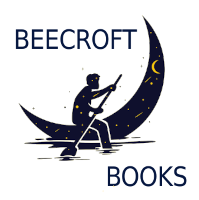Write On – Research. How much is enough?
Everyone has to do research. Even writers of contemporaries will occasionally have to look up police procedure, or how much a luxury yacht costs or what is the price of a room in the Waldorf, or what would really happen if you turned up in A&E with gunshot wounds etc etc. Writers of historicals know…
